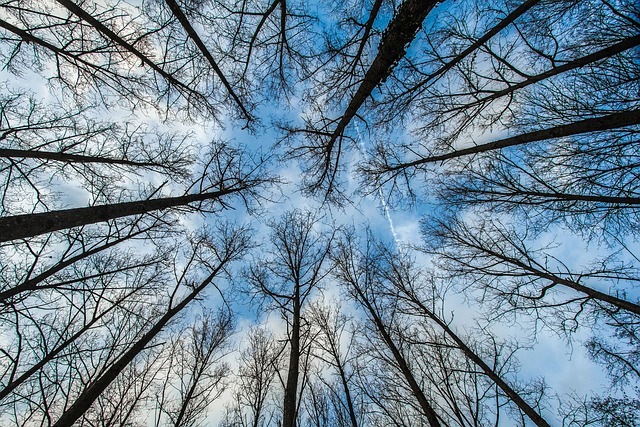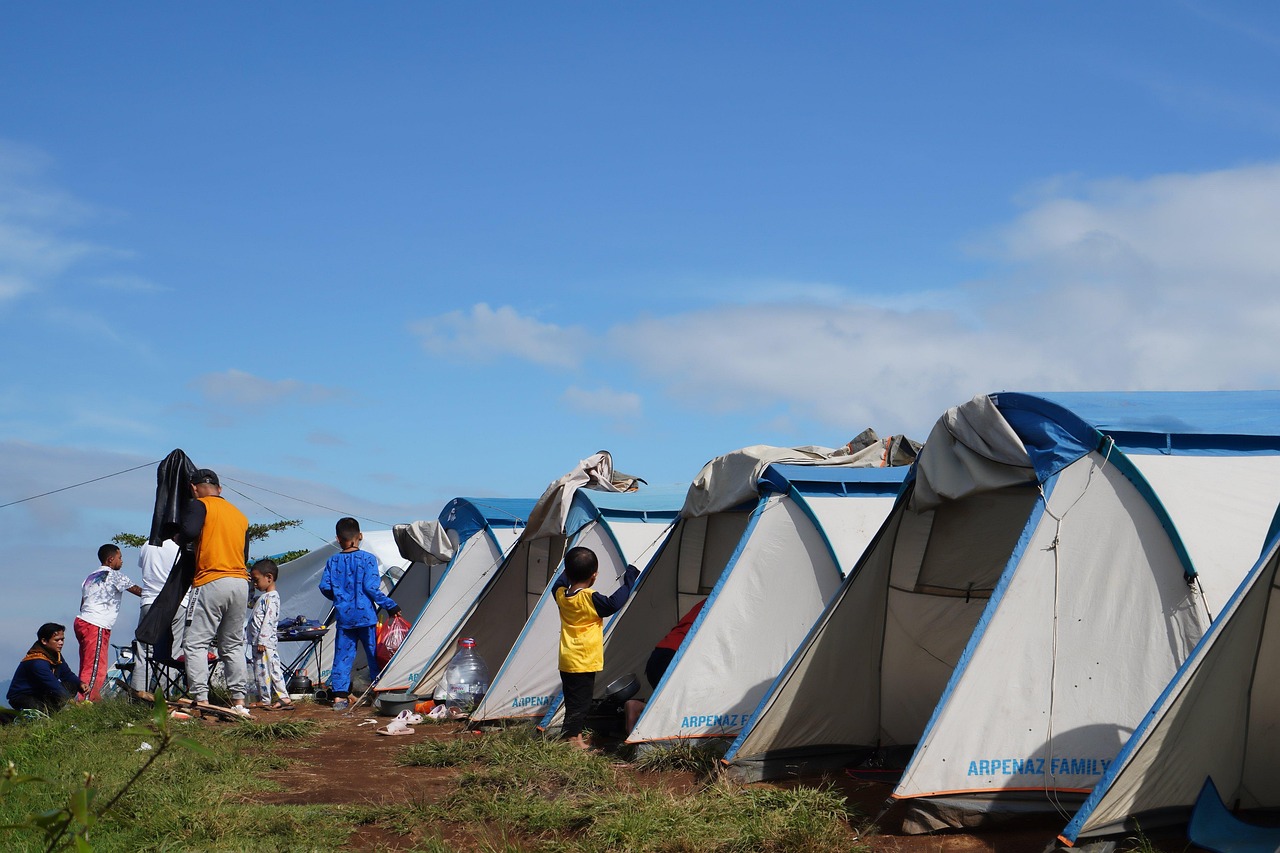The Primal Connection
Humans have an innate desire to connect with nature. Long before modern conveniences, our ancestors lived harmoniously with the natural world. Camping rekindles this primal relationship, allowing us to experience the rhythms of nature firsthand. The crackling of a campfire, the gentle rustling of leaves, and the symphony of birdsong awaken senses often dulled by urban living.
In England’s picturesque countryside, particularly around areas like Forewood Lane, campers find themselves immersed in landscapes that have inspired poets and artists for centuries. The distinctive English countryside, with its patchwork fields, ancient woodlands, and misty mornings, offers a unique camping experience that combines natural beauty with rich cultural heritage.
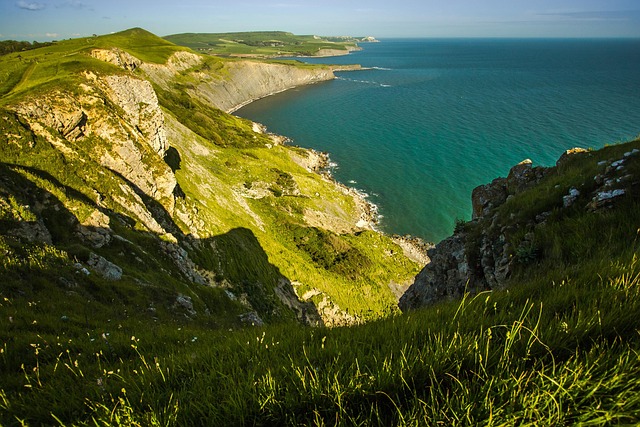
Freedom and Flexibility
Perhaps one of the most compelling aspects of camping and RV travel is the unparalleled freedom it provides. Unlike conventional holidays bound by hotel reservations and rigid itineraries, campers enjoy the liberty to change plans on a whim. Spotted a hidden beach? Simply park your motorhome and stay the night. Discovered a charming woodland? Pitch your tent and explore.
This flexibility is particularly valuable in today’s fast-paced world, where opportunities for spontaneity are increasingly rare. Motorhome enthusiasts often describe the joy of waking up and deciding their day’s destination over morning coffee, with all their essentials already packed and ready to go.
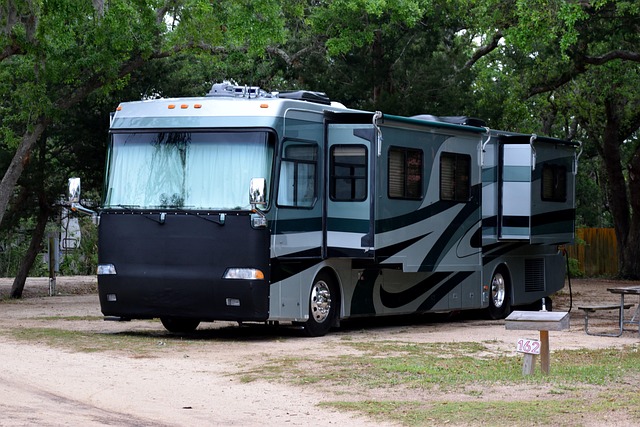
Affordability in an Age of Expensive Travel
As traditional holiday costs continue to rise, camping stands out as an economical alternative. Once initial equipment investments are made, the ongoing expenses are minimal compared to hotels and restaurants. In England, where tourism hotspots can command premium prices, camping opens up possibilities for longer, more immersive travel experiences without breaking the bank.
For families, this cost-effectiveness can mean the difference between a brief getaway and an extended adventure. Children benefit immensely from these prolonged nature interactions, developing resilience, creativity, and environmental awareness that classroom education alone cannot provide.
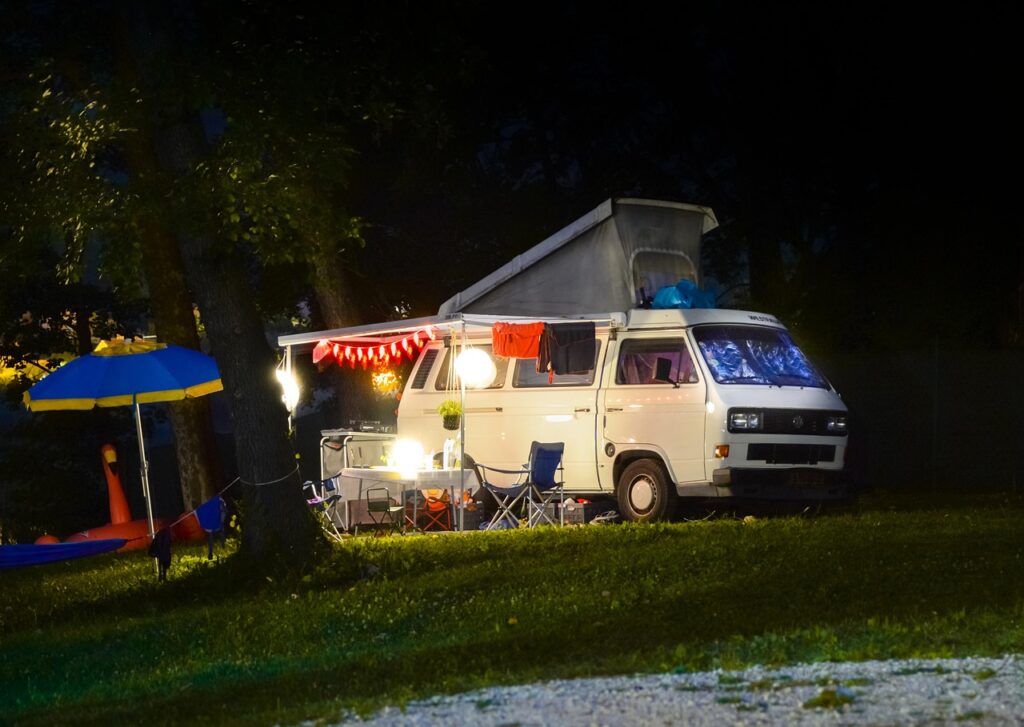
Community and Connections
Despite the appeal of solitude, camping often fosters a unique sense of community. Campsite conversations over shared meals, exchanged travel tips, and collective stargazing create bonds that transcend cultural and social barriers. Many campers report forming lifelong friendships with people they met while huddled around campfires or parked in adjacent pitches.
This camaraderie extends to online communities as well, where camping enthusiasts share experiences, recommendations, and support. The global camping community continues to grow, united by shared values of adventure, simplicity, and respect for natural environments.
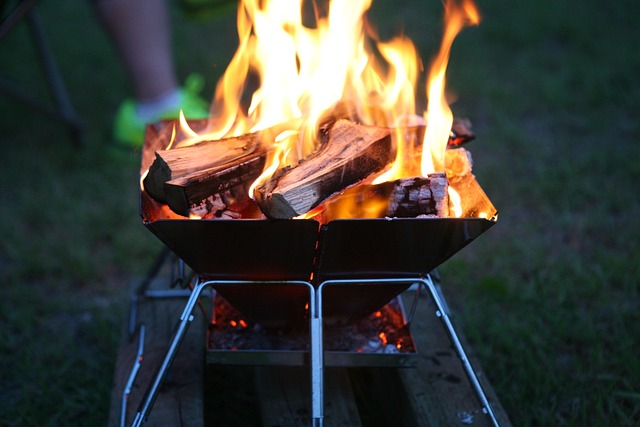
Sustainability and Environmental Awareness
Modern camping increasingly emphasizes environmental consciousness. As travelers witness nature’s fragility firsthand, many become passionate advocates for conservation. This shift towards eco-friendly camping practices represents a positive trend in tourism, with campers often leading the way in sustainable travel.
In conclusion, whether in England’s gentle landscapes or wild international destinations, camping and RV travel offer something increasingly precious in our modern existence: authenticity. Away from the manufactured experiences of commercial tourism, campers create their own adventures, face genuine challenges, and discover both the world around them and something vital within themselves. As we continue to navigate an increasingly complex and technological world, the simple joy of sleeping under canvas or exploring in a home on wheels reminds us of what truly matters – connection, freedom, and the enduring wonder of our natural world.
